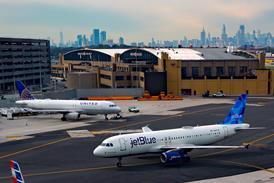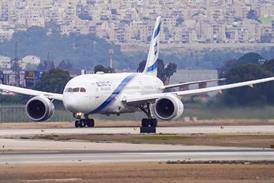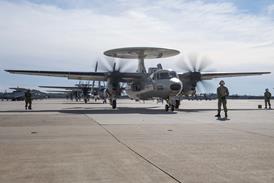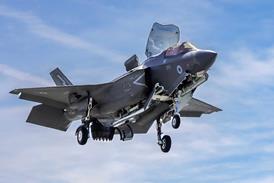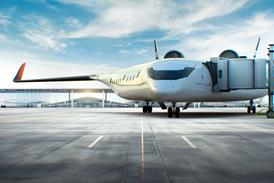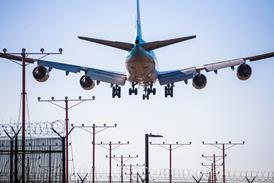Qatar Airways has detailed the disruption to its operation arising from the missile attack by Iran on a military base southwest of the capital Doha.
The 23 June attack on Al Udeid air base forced the closure of Qatari airspace – the emirate’s flight information region is relatively new, having been established less than three years ago.
Airspace was also closed over Bahrain, Kuwait and the United Arab Emirates.
Qatar Airways chief executive Badr Mohammed Al-Meer says more than 90 of the carrier’s services bound for Doha’s Hamad international airport were immediately diverted.
Twenty-five diverted to Saudi Arabia, another 18 to Turkey, 15 to India and 13 to Oman. Several others were sent to European, Middle Eastern and Asian hubs.
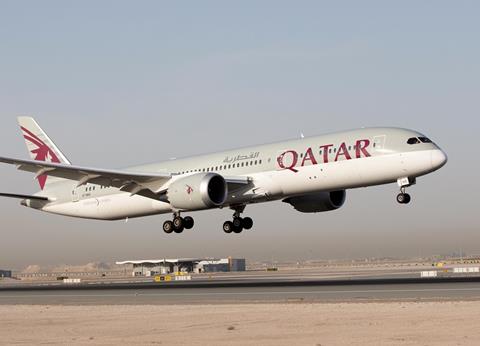
Departures from Doha – where 10,000 passener were in transit – were suspended for at least 6h, says Al-Meer.
“Our routine, seamlessly synchronised global operation was, in an instant, scattered into dozens and dozens of disrupted flight scenarios across continents, each with their own complexities and requirements,” he adds.
“Some of our flight crews had timed out of legal operating hours. Most of our fleet, including A380s carrying more than 450 passengers each, were now out of position, some grounded at airports with curfews.”
Al-Meer says more than 150 flights faced immediate disruption, forcing the carrier to re-route aircraft.
“Every part of the operation had to adapt in real time, without precedent, and without pause,” he states, adding that looking after passengers was the company’s priority as it sought to restore services.
Diverted aircraft started returning to Doha once Qatari airspace re-opened early on 24 June.
Each arrival, says Al-Meer, was “a step towards re-assembling our operation”, but it generated a rise in transit passengers to more than 22,000.
“Our business continuity plans were activated, and our teams co-ordinated on hard resource planning,” he adds.
“Teams from across the airline group stepped into transit areas to assist passengers directly, rebooking journeys, prioritising medical cases, supporting families and elderly travellers, and manually rebuilding complex travel itineraries – some involving other airlines, and expired visas.”
All passengers from diverted flights were cleared within about 24h, he claims. Al-Meer says that, as of 25 June, the operation is stabilising with 578 scheduled services operating.

